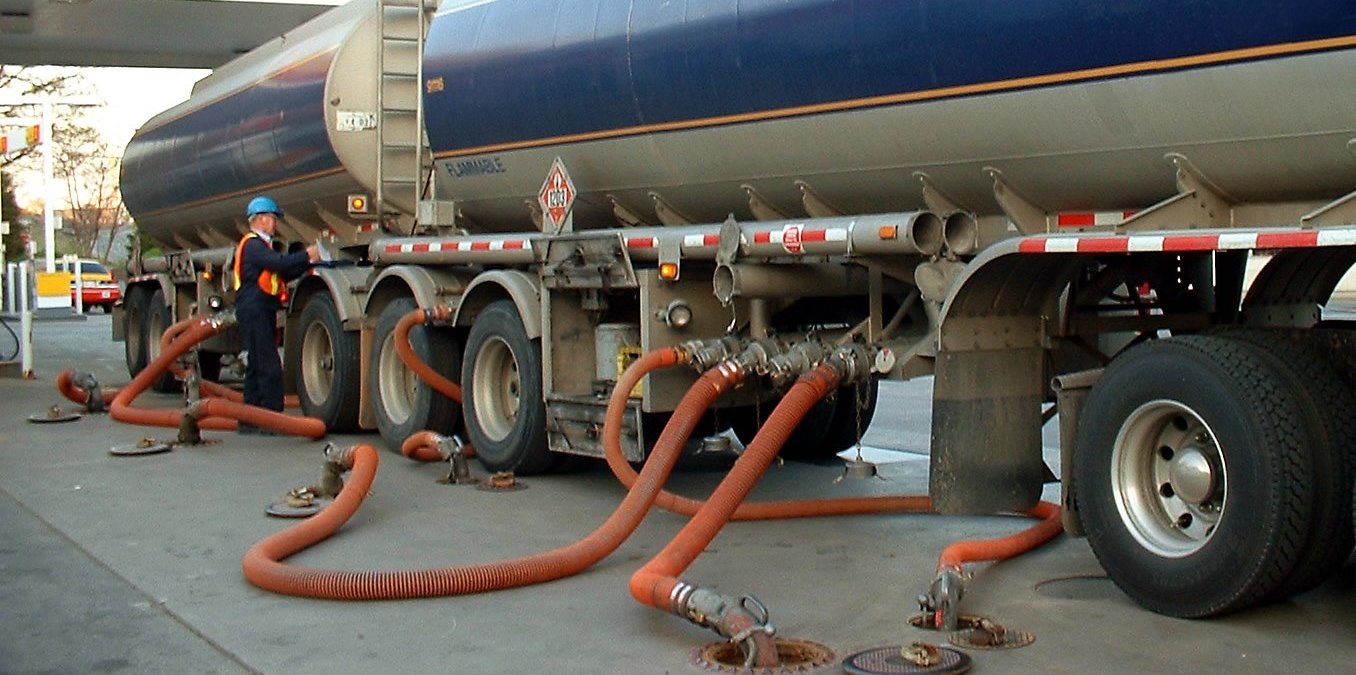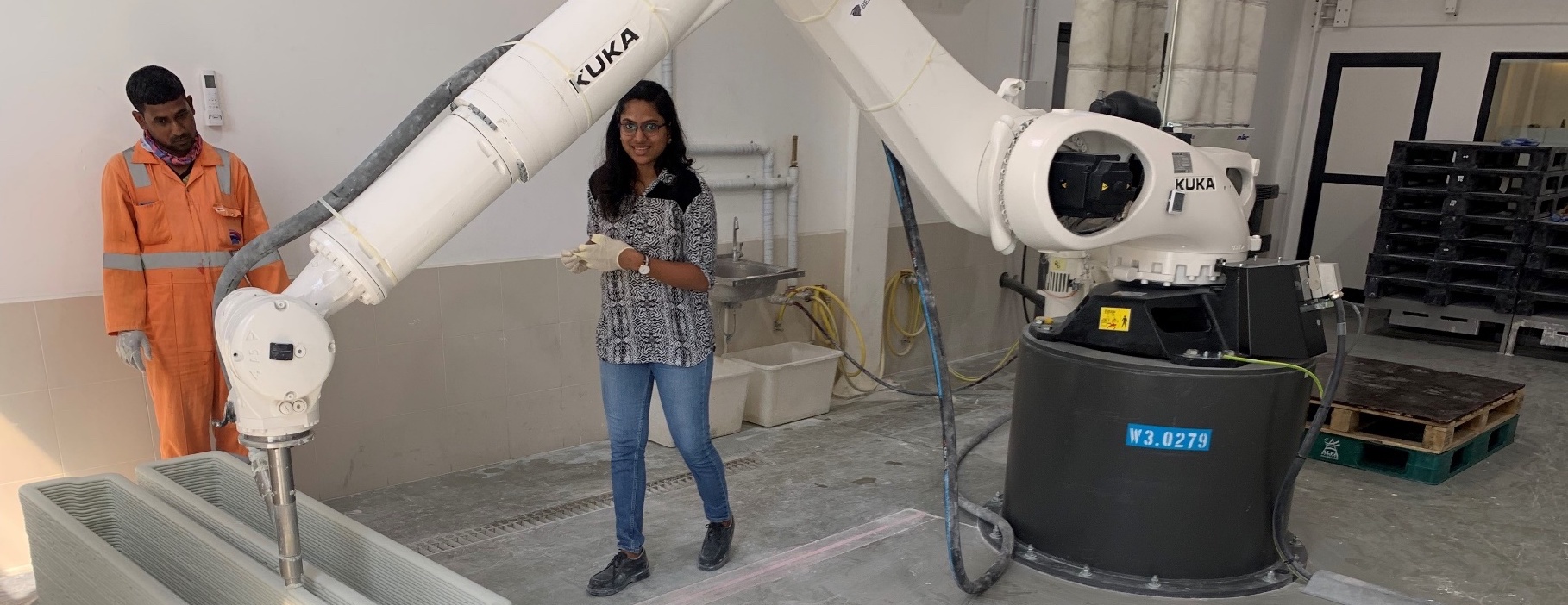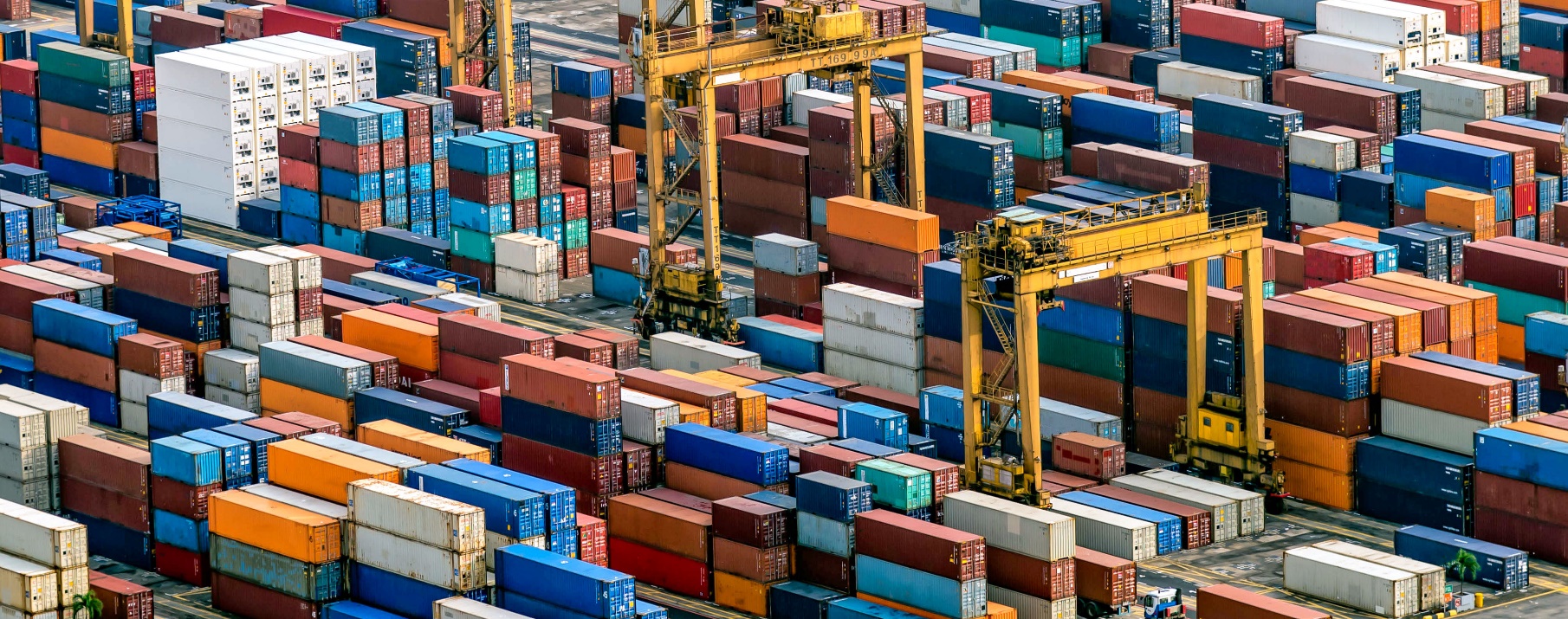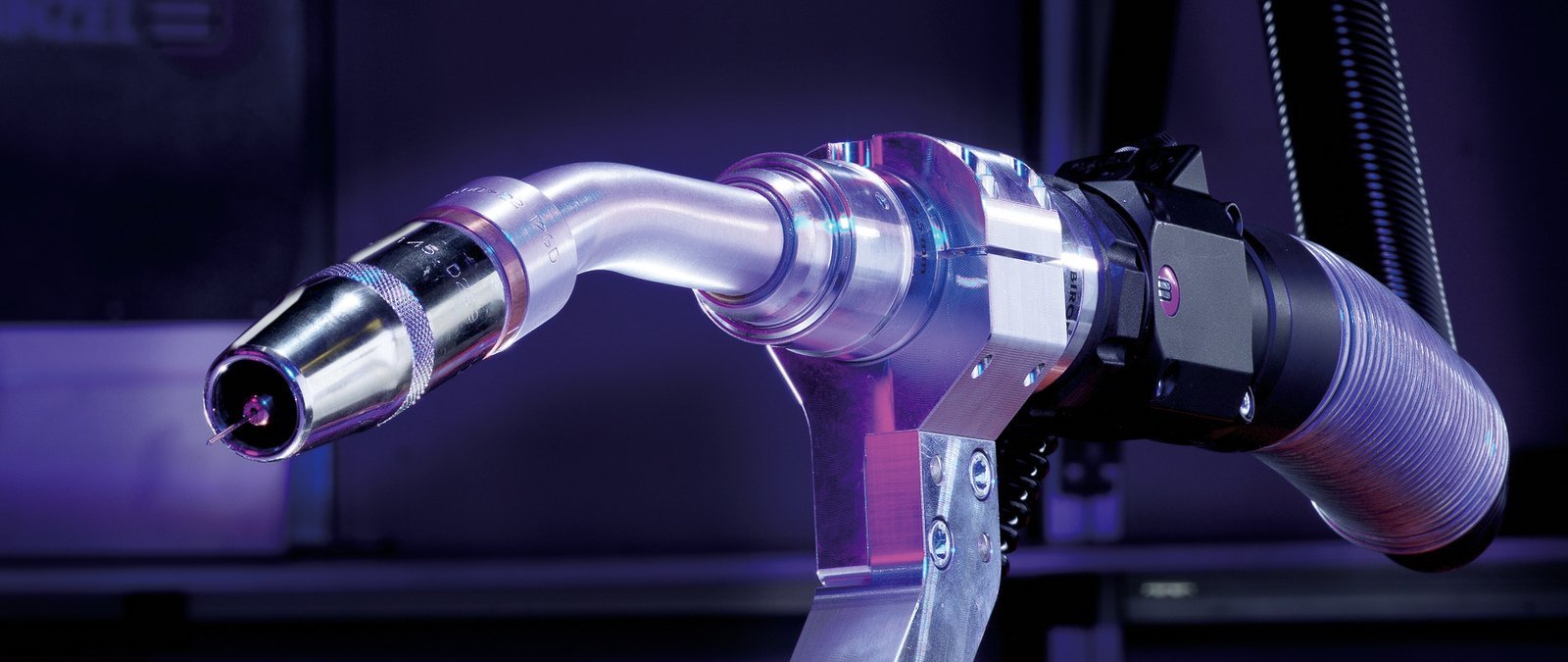283 results found
Featured results

More results
Hyperloop is a proposed mode of ground transport for passenger and freight transportation which consists of pods transported at high speed, through the length of low-pressure tubes that are elevated off the ground, due to a lack of air resistance or friction
An Electric Vehicle (EV) is an alternative to traditional gasoline-based vehicles that can be powered through a collector system by electricity from off-vehicle sources (such as overhead power lines), or self-contained via a battery, solar panel, or electric generator
Drones are unmanned aerial vehicles (UAVs) that can be remotely piloted by a human pilot, or autonomously operated
Street lighting has been developed to undertake much more than simply lighting urban and suburban areas
Artificial Intelligence (AI) is technology that powers machines using human-like intelligence
Demand Responsive Transport (DRT) are a flexible form of shared transport and infrastructure where the day-to-day service provision is shaped by the demand of the users
Artificial Intelligence (AI) is technology that can perform tasks that require human intelligence, such as speech recognition, decision making and visual perception
Last mile infrastructure for the water sector is the connection of water access to a user’s home or community
This use case explores technologies that change the standard emission-heavy wastewater treatment processes into more sustainable processes
A novel grease trap collection system for the harvesting and removal of problematic fat, oil and grease (FOG) waste build-up at the commercial, industrial and municipal wastewater premises
A 3D printer is a machine that can create a physical three-dimension object based on a computer-aided design (CAD) model
Digital knowledge platforms centralise data and knowledge and make it readily accessible to workers both onsite and in the office
Predictive maintenance utilises monitoring and advanced machine learning methods to develop predictive models about failure of physical and mechanical assets such as pipes, pumps, and motors
The adoption of technology (digital technologies) in “classic” transport infrastructure, across all stages of the lifecycle - from the planning, design, construction and maintenance - is becoming more and more relevant in order to enhance sustainability, efficiency, safety and longevity of the infrastructure to the benefit of the users and the society as a whole
Automated Robot Cranes (ARC) are cranes that are integrated with Artificial Intelligence (AI) technology
Novel welding processes and automated welding technologies are used in the pre-fabrication and construction phase of infrastructure projects
Intelligent process optimisation for drinking water and wastewater treatment plants provides an opportunity to automate the control of treatment processes and/or provide real-time decision support for treatment plant operators
Regional navigation and information system (hereinafter-RNIS) is a system designed for information and navigation support of the transport complex of a constituent entity of the Russian Federation through the use of GLONASS/GPS technology aimed at enhancing the safety and efficiency of passenger and cargo transportation at the regional level
Sometimes, public goods and services can experience mismanagement issues deriving from imperfect information, coordination problems and market failures
The Smart Ivrea Project (SIP) envisages the design and implementation of a sustainable, inclusive and technologically advanced city where public services, energy and economic efficiency and social inclusion are the center




















